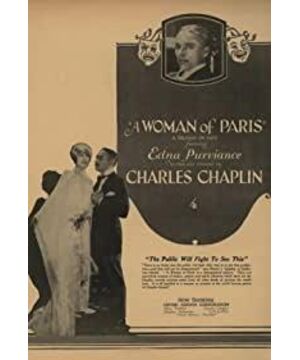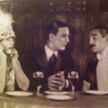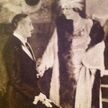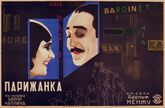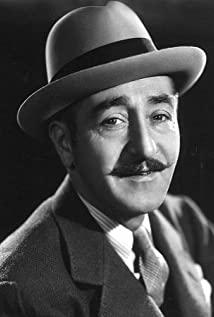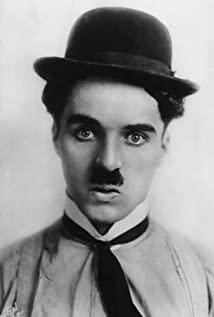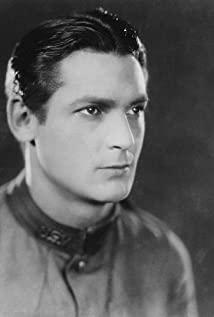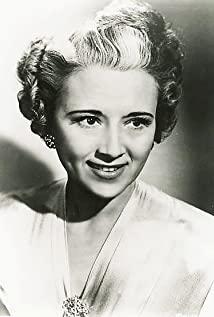20.01.03 Yingbo 4.5 stars Don't everyone love Chaplin's serious script? I really like the ending where the two cars go in opposite directions. Although the name is called a woman of paris, and the woman is the first protagonist, it actually tells the stories of three types of people. All the plots and characters are connected by Marie as a clue. It's a little strange that in several of Chaplin's films I've seen, whether it's the lively tramp, the various women in Verduri, or Marie in this one, women seem to be in them. Never getting love or recognition from the outside world, I am really curious about Chaplin's life experience.
Marie represents the kind of people who have accumulated wealth through their own bodies from small places to big cities. They seem to have broken through the barriers of class, abandoned their sincerity to play in the world, and when they make real choices, they are always immersed in the past; Jean is The kind of small middle class who can live anywhere, to a certain extent, like Pierre, he doesn't need to worry about money, the only thing he cares about is those things on the spiritual level, so his final depression came to him. Saying it will only be his inevitable ending; and people like Pierre, a real upstart class, have been living a high-quality life for many years, allowing him to get rid of material constraints and at the same time freely wander between emotions, as some short comments said. In that way, he is really a very qualified sugar daddy, showing mercy everywhere, but there are always people who follow him. How many people wanted to be Pierre, but ended up being Marie or Jean. Such is life
In terms of playwriting, Chaplin deliberately used a variety of montage techniques to make the film more watchable, such as the masseuse's reaction when she heard her girlfriend's broken mouth, the protagonist walking with the dog when he grabbed the necklace, etc. Undoubtedly, it broadens the space for the audience to think about the film. In terms of plot settings, coincidences and misunderstandings are always the best means of causing dramatic conflicts, but in the end, Jean's mother put down her gun and could go to the countryside with Marie to open an adoption center. It's really abrupt, it's not Something that can be said with a subtitle card. (But this is also in line with Marie's desire to have children, have a family, and be respected by others.) I have to feel that Chaplin's composition is really good.
When I wrote this, I suddenly realized that this story happened no more than a few months in total. Paris, a big city, is not only a world of flowers, but also a place of human nature.
The part of PS studio is too playful, but unfortunately the translated version must have been moved with scissors. I will find the original version when I have time.
View more about A Woman of Paris: A Drama of Fate reviews


